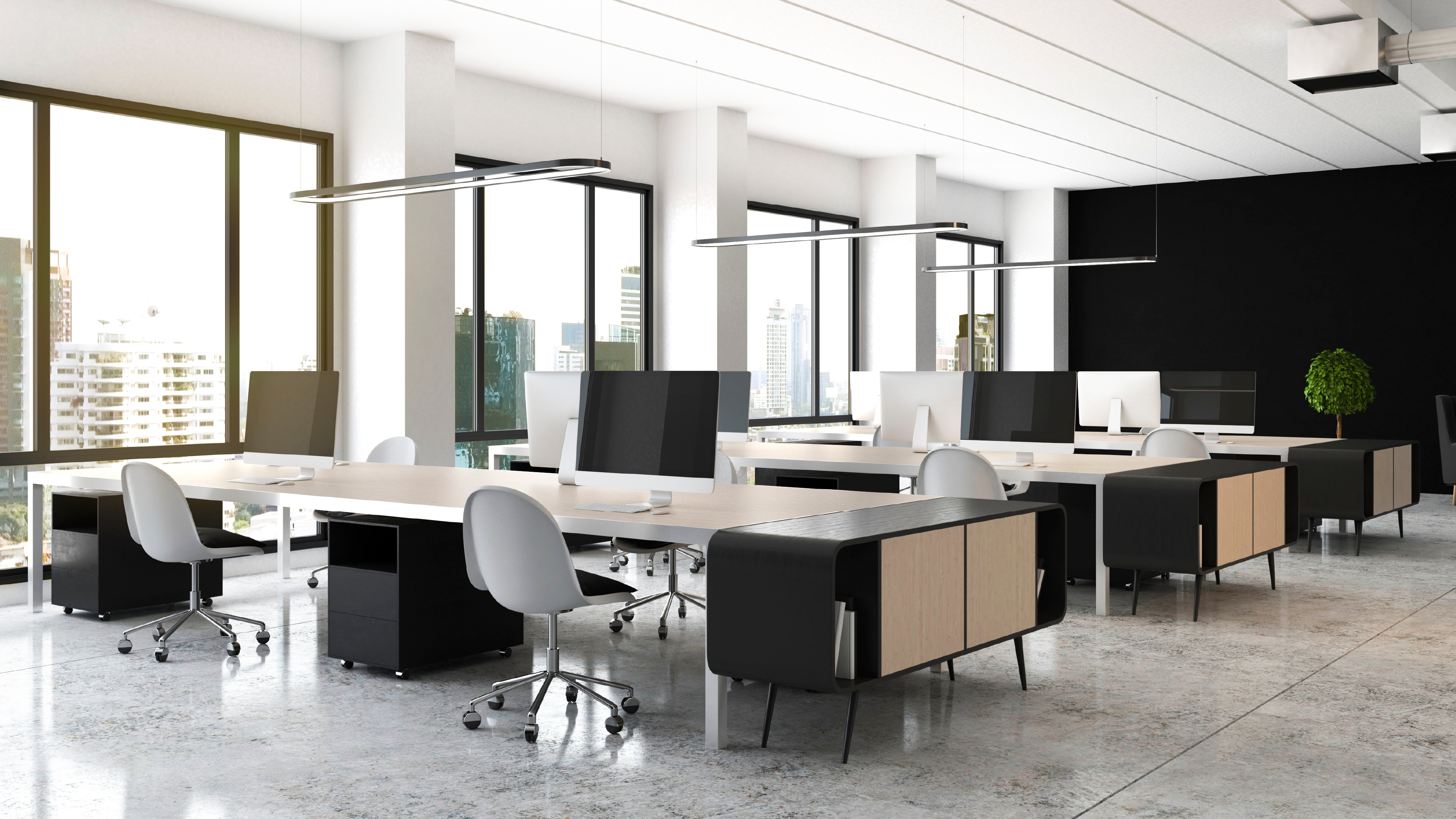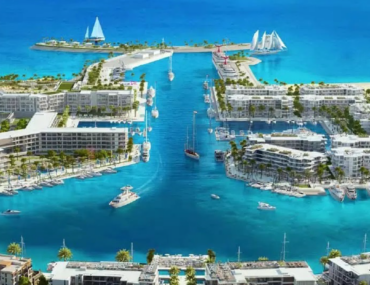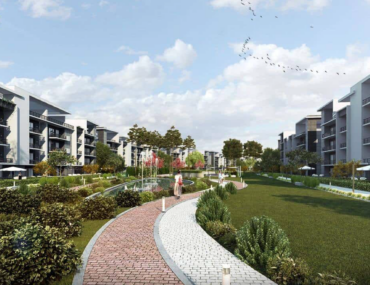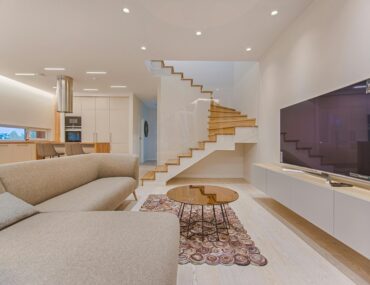Choosing a commercial space in Egypt — whether for a retail shop, office, restaurant, or clinic — is about more than just square meters and rent. The right space can support your business goals and daily operations, while the wrong one can lead to unnecessary challenges.
From location and foot traffic to legal paperwork and utilities, there are several details that can affect your long-term success.
Here’s a practical breakdown of what to keep in mind when looking for commercial real estate in Egypt.
1. Location Isn’t Just a Map Point
The area you choose directly impacts your visibility, accessibility, and overall customer experience. In Egypt, some of the most active commercial hubs include:
- New Cairo, especially around Fifth Settlement and 90 Street
- Sheikh Zayed and 6th of October
- Downtown Cairo for smaller, more central spaces
- Nasr City and Heliopolis for clinics and service-based offices
Each area has its own rhythm and audience. For example, Fifth Settlement is great for lifestyle brands and restaurants, while Mohandiseen may work better for showrooms or private clinics.
Before committing, visit the area during working hours. Notice the traffic, nearby businesses, and parking options.
2. Footfall Matters — But So Does Purpose
A busy street doesn’t always mean better business. A high-end salon might not benefit from the same foot traffic as a fast-food shop.
Ask yourself:
- Who is your target audience?
- Are they already present in this area?
- Will they walk in, or are they coming by appointment?
If your business depends on visibility and walk-ins, a spot with high footfall makes sense. But if it’s appointment-based (like legal offices or medical clinics), quieter yet accessible areas might be better.
According to our listings, matching space to purpose is one of the top tips for selecting commercial real estate.
3. Understand the Lease Terms
Commercial leases in Egypt can vary widely. Some are long-term (3–5 years), others shorter. Make sure to read:
- Renewal clauses
- Exit terms (what happens if you need to leave early)
- Rent escalation (some contracts raise rent annually)
- Maintenance responsibilities
Also, check whether the landlord allows modifications to the interior. You don’t want to discover too late that you can’t hang signage or redesign the space.
If possible, consult a lawyer to review the contract before signing.
4. Utilities, Infrastructure, and Internet
Don’t assume that all services are ready and functional. Make a checklist:
- Is electricity connected and adequate?
- Is there water access and drainage (important for F&B)?
- What internet providers operate in the building?
- Are there any restrictions on service hours or delivery access?
In many cases, older buildings might have outdated infrastructure. If you’re opening a tech-based office or a food outlet, make sure the basics are in place.
5. Interior Condition and Fit-Out Costs
Some commercial spaces come fully finished, others are core and shell — which means you’ll have to handle all the interior work.
Fit-out costs can add up, especially if you need special flooring, lighting, or equipment. Make sure your budget includes more than just rent.
If you’re considering a unit inside a mall or business park, ask about:
- Approved design guidelines
- Fit-out timeline and deadlines
- Technical assistance (do they help with permits or contractors?)
6. Legal and Zoning Consideration
Different areas in Egypt are zoned for different commercial uses. For example, a space licensed as a “shop” might not be allowed to operate as a “clinic.”
Verify the license of the space — and check whether it matches your business activity. Don’t rely only on what the landlord says. Ask for official papers.
Also, ask about signage rights and whether your business name can appear on the facade or directory.
7. Parking and Accessibility
Your customers — and your staff — will need a way to get there. In busy areas like Heliopolis or Downtown, parking is often a problem.
Some newer developments like Cairo Festival City or Arkan Plaza offer dedicated parking. Others may rely on street parking or valet services.
If your business involves frequent deliveries or client visits, accessible entrances and elevators are just as important as parking slots.
8. Community and Surrounding Businesses
Take a walk around. Who else is operating nearby? Are they complementary, or direct competitors?
Being close to businesses that align with your own can help — think of a cafe next to a coworking space, or a pharmacy near a medical center.
At the same time, if five businesses identical to yours are on the same block, you might want to rethink location — unless your offering is very unique.
9. Security and Maintenance
A clean, well-maintained building sends the right message to clients. So does proper lighting, working elevators, and reliable security.
Ask if there’s on-site management. Visit the building at different times of the day. Notice cleanliness, staff responsiveness, and how easy it is to access your unit.
In shared buildings, ask how maintenance fees are calculated and what they include.
10. Think Long-Term
Even if you’re a new business, it helps to think beyond the first year. Will the space grow with you? Is there potential for expansion in the same area?
You may not need a large office now — but knowing that nearby units are available later can make your planning easier.
It’s also worth asking about any upcoming developments nearby. A new residential project, shopping centre, or transport hub can increase area demand — or change its character entirely.
Final Thoughts
Renting or buying commercial property in Egypt comes with its own set of challenges — but also opportunities. With the right space, your business can settle, grow, and become part of the local landscape.
Take your time, ask the right questions, and don’t rush the paperwork. Whether you’re setting up a clothing boutique or launching a law firm, the space you choose is more than a backdrop — it’s part of your identity.
And when you get it right, it can make a big difference.



